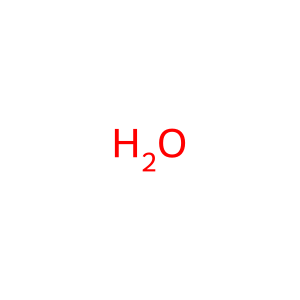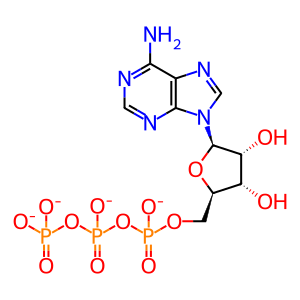Reaction: Defective ABCA3 does not transport PC, PG from ER membrane to lamellar body
- in pathway: Defective ABCA3 causes SMDP3
ATP-binding cassette sub-family A member 3 (ABCA3) plays an important role in the formation of pulmonary surfactant, probably by transporting phospholipids such as phosphatidylcholine (PC) and phosphatidylglycerol (PG) from the ER membrane to lamellar bodies (LBs). PC and PG are the major phospholipid constituents of pulmonary surfactant. LBs are the surfactant storage organelles of type II epithelial cells from where phospholipids can be secreted together with surfactant proteins (SFTPs) into the alveolar airspace. Defects in ABCA3 can cause pulmonary surfactant metabolism dysfunction type 3 (SMDP3; MIM:610921), resulting in respiratory distress in newborns and interstitial lung disease (ILD) in children. Mutations in ABCA3 that affect its transport function include E292V, N568D, E690K and T1114M (Shulenin et al. 2004, Matsumara et al. 2006, 2008, Kaltenborn et al. 2012).
Reaction - small molecule participants:
H2O [cytosol]
ATP [cytosol]
Reactome.org reaction link: R-HSA-5688397
======
Reaction input - small molecules:
water
ATP(4-)
Reaction output - small molecules:
Reactome.org link: R-HSA-5688397


